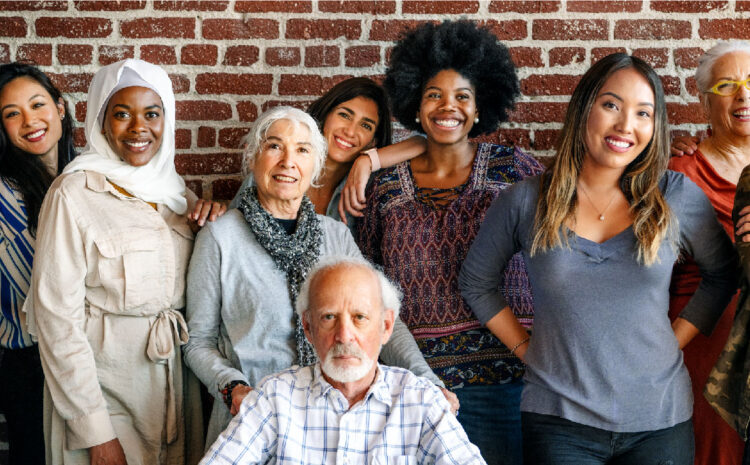
How cultural competency shapes the outcome of legal cases in diverse communities is an increasingly vital consideration in today’s ever-evolving legal landscape. As societies become more multicultural and interconnected, legal professionals must adapt to effectively represent clients from varied cultural backgrounds. At Awarded Attorneys, we firmly believe that cultural awareness and sensitivity are not optional but essential components of effective legal representation and achieving fair, just outcomes.
One of the primary ways how cultural competency shapes the outcome is through enhanced communication between attorneys, clients, and the court. Language barriers, differing cultural values, and varying perceptions of authority or formality can easily lead to misunderstandings or mistrust that negatively affect cases involving diverse communities. For example, clients from cultures that prefer indirect or high-context communication styles may seem evasive or uncooperative if their cultural context is not understood. This misunderstanding can jeopardize client-lawyer relationships and impair case strategy. Attorneys equipped with cultural competency skills can bridge these gaps, fostering trust and enabling more precise advocacy. For those seeking a civil litigation attorney near me or specialized legal counsel, cultural competency often becomes a crucial factor in choosing the right lawyer.
Moreover, how cultural competency shapes the outcome extends to critical courtroom processes such as jury selection and evidence presentation. Jurors bring their own cultural experiences and biases that influence how they perceive testimony, demeanor, and credibility. Lawyers who understand these cultural dynamics can tailor their jury selection strategies and presentation techniques to better resonate with a diverse jury pool. Studies have demonstrated that culturally sensitive legal approaches improve jury engagement, comprehension, and ultimately, verdict satisfaction. When clients work with lawyers for civil lawsuits who prioritize cultural competency, they often gain a significant advantage in the courtroom.
Cultural competency also plays a crucial role in interpreting the legal issues themselves. Some disputes may involve cultural practices or social norms unfamiliar to the conventional legal system—such as traditional dispute resolution methods, religious customs, or community-based justice practices. Understanding these nuances helps ensure that courts do not inadvertently impose unfair judgments or overlook key contextual factors. Attorneys trained in cultural competency can educate judges and juries, advocating for fair treatment that respects cultural diversity while upholding legal standards.
Finally, how cultural competency shapes the outcome has deep ethical implications. Respect for clients’ cultural backgrounds is essential to maintaining confidentiality, trust, and professional integrity throughout legal proceedings. Awarded Attorneys commits to ongoing cultural competency training for all team members, ensuring that our services meet the highest standards of equity and respect for all clients, regardless of their heritage.
In conclusion, how cultural competency shapes the outcome of legal cases in diverse communities cannot be overstated. By embracing cultural understanding, Awarded Attorneys provides effective advocacy that bridges cultural divides and promotes equitable treatment. For anyone navigating complex legal challenges, choosing attorneys who value cultural competency means securing representation that truly understands and champions their unique circumstances.





